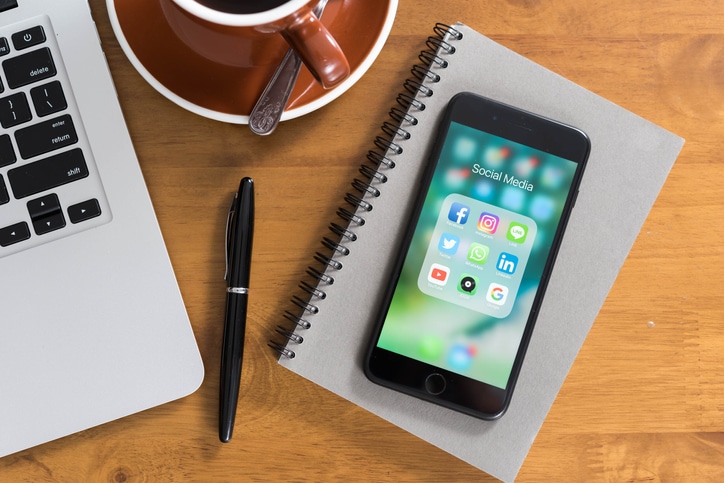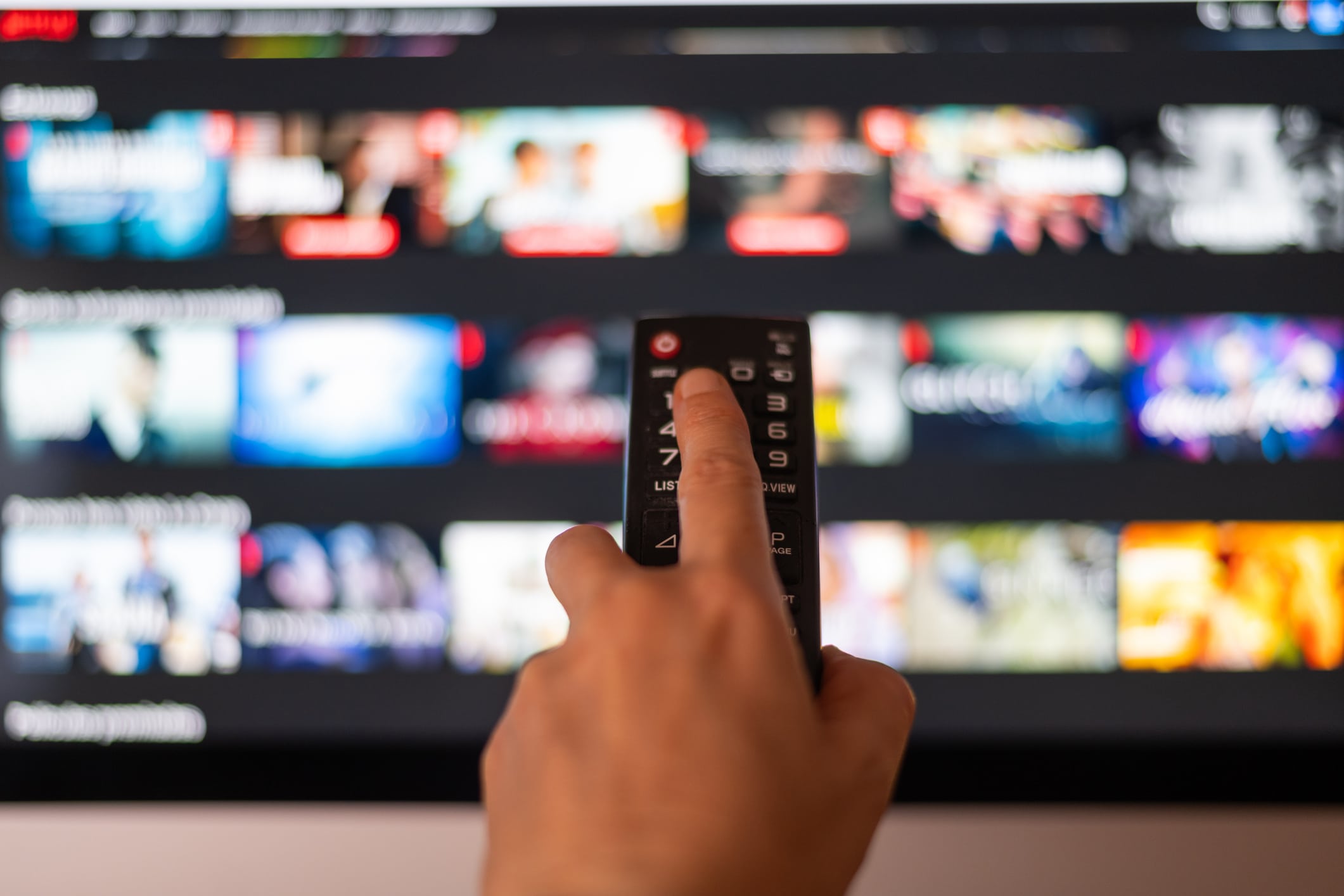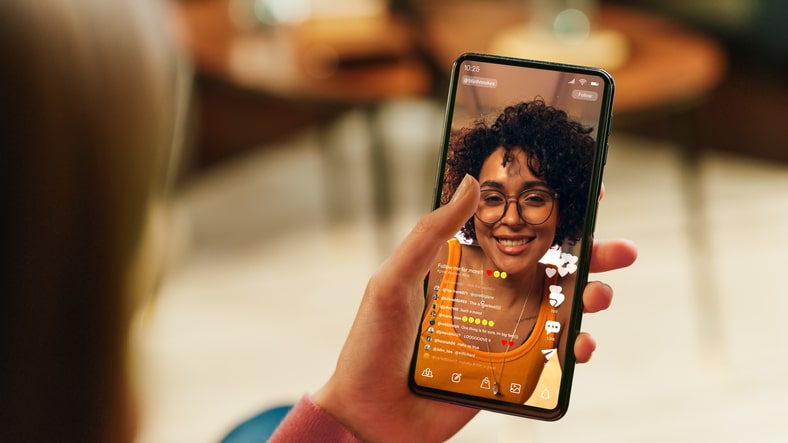
Despite the rift between the lifestyles of the ordinary fan and players getting ever wider, social media has helped bridge the gap, giving followers much demanded access to their heroes. Once upon a time fans used to associate with players in pubs and join them in drinking a pint and sharing a cigarette, now they follow them on Twitter.
Nowadays, players can occasionally be seen in a nightclub, but if you really want to know what they are getting up to you follow them, not literally of course. A large number of high profile players and ex-players have quickly gained another level of notoriety through these streams. But is it really a good thing giving footballers the ability to speak their mind without having any control over what they’re saying?
Take Wayne Rooney for example. He has 2.5 million followers hanging on his every tweet. Given his personality on the pitch, it may have worried many at Manchester United that he was going to able to say anything he wanted without the club having any say, a worry that manifested itself when Rooney offered to fight a Liverpool fan after receiving abuse. He said, “I will put u asleep within 10 seconds hope u turn up if u don’t gonna tell everyone ur a scared little nit. I’ll be waiting.” Rooney later described as a “bit of banter.” However, the Man United Media Officer must have been reading with a bead of sweat on his brow and worried where it was going.
Lower down the leagues at Leeds United, a forum had to be temporarily shut down after a number of its members began to abuse the clubs Media Officer Paul Dews and make a number of unfounded accusations about his personal life. The decision was made by one of the site moderators to be shut down so that the situation could be calmed and an apology made. The situation could have become libellous but many fans thought it was the power of the club that had forced such a decision.
Most recently, ex-footballer Stan Collymore was racially abused through his Twitter account which came during the height of the racism row between Man United defender Patrice Evra and Liverpool midfielder Luis Suarez. Police arrested a 21 year old man after sending the tweets to Collymore whilst he was hosting his Talksport radio show.
It works both ways. With the price of watching football constantly increasing fans feel that they deserve more access to players, but once they achieve this they just berate the players. At the same time, players and ex-players like to try and stir things up which often leads unruly comments. Robbie Savage is constantly making statements such as, “had to take my wallet out of my suitcase because it was too heavy.” This is just said to get a reaction from fans. Once he loses control of the “banter” however, he then proceeds to throw his toys out of the pram and threaten to leave Twitter.
Whether football fans should have such access to players will always cause debate. At Leeds United players are banned from using Twitter after striker Davide Somma admitted to picking up a season-long injury before the club had gone public with the information. This may well be a sensible move that other clubs adopt if there are more incidents like Rooney’s. Fans, even of opposition sides, will tell players what they think of them and feel it is their right to do so. Fans look on and see players getting paid more money in a couple of seasons than many fans will earn in a lifetime. But does this give them the right to direct abuse at players?
This is a guest post from Christian Lawley.




